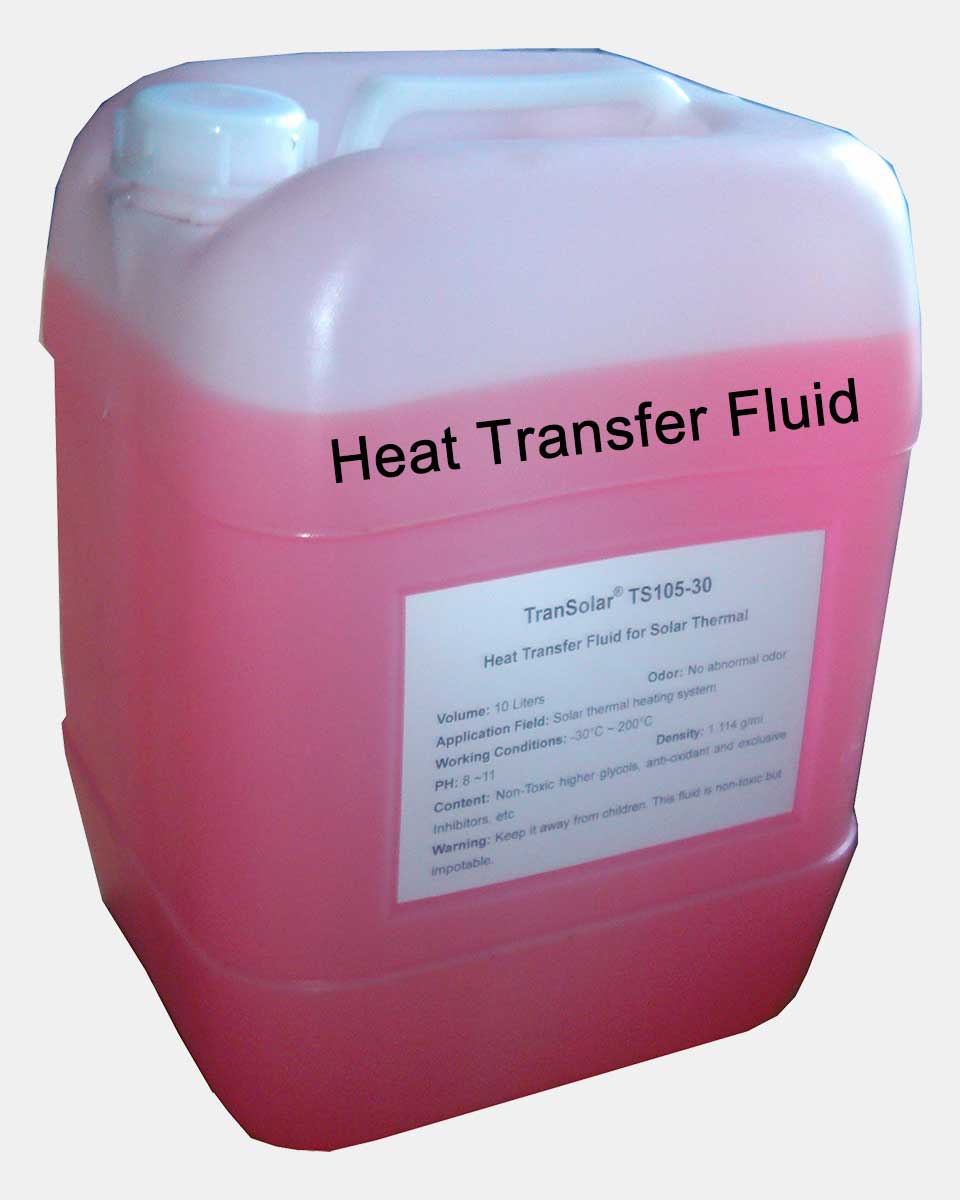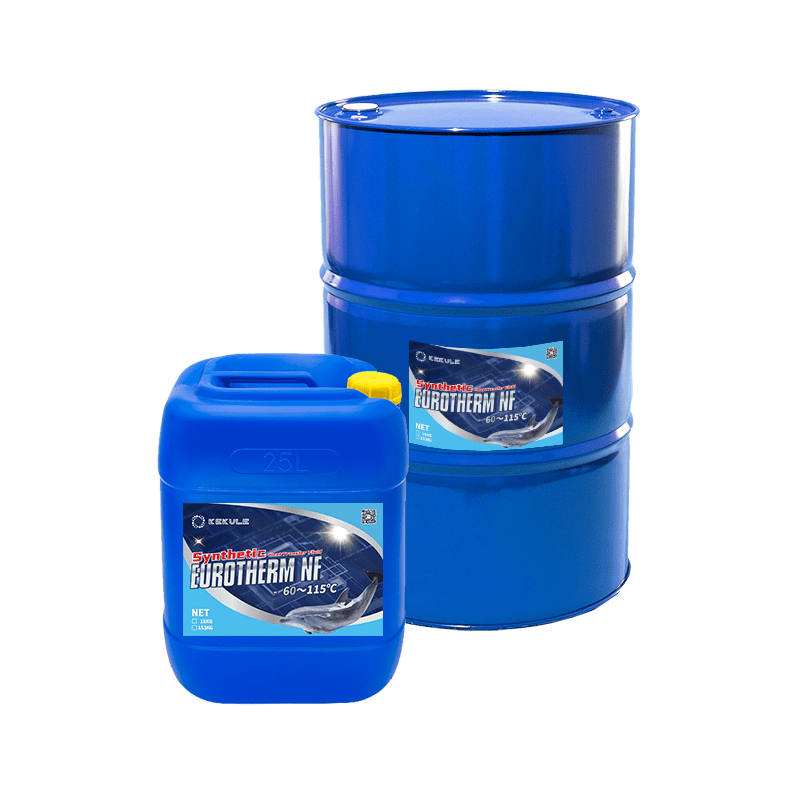The Role of Thermal Oil in High-Temperature Systems
The Role of Thermal Oil in High-Temperature Systems
Blog Article
Optimize Your System's Life expectancy With the Right Heat Transfer Fluid
Picking the proper heat transfer fluid is vital for enhancing system performance and longevity. The right liquid not just improves thermal efficiency however also mitigates potential deterioration on crucial components such as pumps and warm exchangers - thermal oil. Comprehending the numerous kinds of warmth transfer fluids and the details requirements of your application can considerably affect the overall health of your system. Yet, several ignore vital factors that could make a substantial difference. What considerations might you be missing that could inevitably influence your system's performance?
Value of Heat Transfer Fluids

In addition, warmth transfer liquids add to the safety and security and integrity of thermal systems. In addition, the appropriate warmth transfer liquid can supply security against corrosion and scaling, further extending the lifespan of equipment and framework.
Sorts Of Heat Transfer Fluids
Various kinds of warmth transfer liquids are frequently made use of in commercial applications, each tailored to particular operational requirements and temperature level arrays. One of the most common categories include water, oils, and specialized artificial fluids.
Water is often employed due to its superb thermal conductivity and accessibility; however, its restrictions arise at heats and potential freezing conditions. For greater temperature level applications, thermal oils, such as mineral oils or natural compounds, are utilized. These oils offer remarkable thermal security and can operate properly at elevated temperature levels, making them appropriate for processes like food handling and petrochemical manufacturing.
Artificial liquids, which can be either natural or inorganic, are developed to satisfy specific efficiency requirements. They often display enhanced residential properties such as reduced poisoning, large temperature varieties, and resistance to oxidation. Instances consist of esters and glycols, which are ideal for specialized applications like solar thermal systems and heat exchangers.
Additionally, refrigerants are made use of in cooling down systems, leveraging their phase modification residential properties to launch and take in heat successfully. Each kind of heat transfer liquid provides unique advantages and is selected based upon the particular needs of the application, ensuring optimum performance and system durability.
Variables to Consider When Choosing
Choosing the proper heat transfer liquid entails cautious factor to consider of numerous aspects to make certain ideal efficiency and system efficiency. Among the primary factors is the temperature level range required for the system. Liquids vary in their thermal security and can break down or shed effectiveness outside certain temperature level restrictions.
An additional essential consideration is the fluid's viscosity, as it influences pump performance and energy consumption. A liquid that is too thick may hinder circulation and rise functional prices. Additionally, the liquid's specific warmth capability plays a vital duty in determining just how successfully it can transfer warmth.
Chemical compatibility with system materials is also necessary to stop corrosion, degradation, or leakages - heat transfer fluid. Guaranteeing that the selected liquid is suitable with the building materials can extend the lifespan of the system

Advantages of Proper Fluid Option
Appropriate selection of a warmth transfer fluid returns considerable benefits for system efficiency and integrity. The ideal liquid boosts thermal conductivity, ensuring optimum heat transfer rates within the system. This effectiveness decreases energy consumption, causing reduced functional expenses and a decreased ecological footprint.
Additionally, appropriate liquid selection adds to system long life by protecting against rust and degradation of components. Liquids created with deterioration inhibitors shield metal surface areas, consequently extending the lifespan of pumps, pipelines, and warm exchangers. Additionally, choosing a liquid with ideal viscosity guarantees effective circulation, which is important for maintaining constant temperature level circulation throughout the system.
An additional vital benefit is the fluid's thermal stability. A steady warm transfer fluid can operate over a wide temperature level array without click here for more info damaging down or losing efficiency, which is important for systems exposed to fluctuating thermal problems. Moreover, the ideal fluid can additionally minimize dangers associated to freezing or boiling, therefore stopping operational disruptions.
Maintenance Tips for Long Life
Making sure the longevity of a warmth transfer system needs diligent upkeep practices that enhance the benefits of correct fluid option. Routine inspections are necessary to identify possible leaks, deterioration, or sediment accumulation that could jeopardize system efficiency. Establish a regular schedule to analyze pipe honesty, connections, and installations, as these areas are usually vulnerable to tear and use.

Monitoring fluid levels and high quality is just as crucial. Frequently look for indicators of contamination, such as staining or particulate matter, my site which can suggest deterioration of the warm transfer liquid. Carrying out regular liquid evaluation can give understandings right into its chemical properties, permitting for prompt replacements when needed.
Furthermore, preserving ideal operating temperatures is important. Encourage making use of temperature controls and sensing units to stay clear of getting too hot, which can speed up liquid deterioration and damage system components.
Lastly, constantly follow the maker's guidelines concerning fluid substitute periods and maintenance protocols. By committing to these ideal techniques, you can you can find out more substantially improve the operational lifespan of your warmth transfer system, making certain trusted efficiency and minimizing the need for costly fixings or early replacements.
Verdict
Finally, the selection of an ideal warm transfer liquid is vital for enhancing system performance and durability. By understanding the different kinds of fluids and taking into consideration key aspects such as thermal conductivity and rust resistance, ideal performance can be achieved. Furthermore, regular upkeep and inspections play a crucial function in sustaining operating conditions. Prioritizing these elements makes certain the extended lifespan of essential elements, ultimately adding to an extra reputable and reliable system.
Heat transfer fluids play a critical role in various industrial and industrial applications by assisting in the reliable transfer of warmth in between surface areas.Moreover, heat transfer fluids contribute to the safety and dependability of thermal systems. Furthermore, the fluid's certain warm capability plays a crucial function in establishing just how properly it can move warmth.
The appropriate liquid improves thermal conductivity, making sure ideal warm transfer rates within the system. A stable heat transfer fluid can run over a vast temperature level array without damaging down or losing effectiveness, which is vital for systems subjected to varying thermal conditions.
Report this page